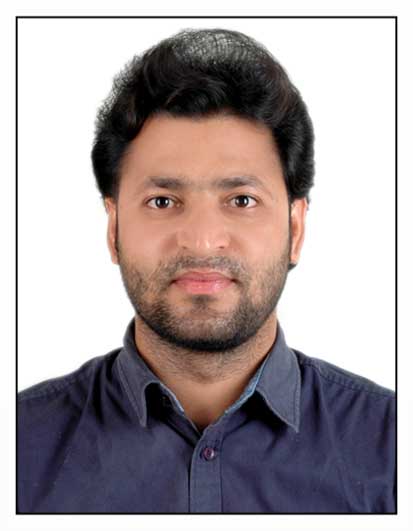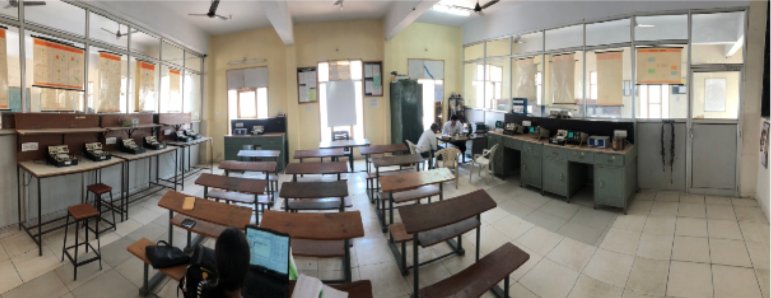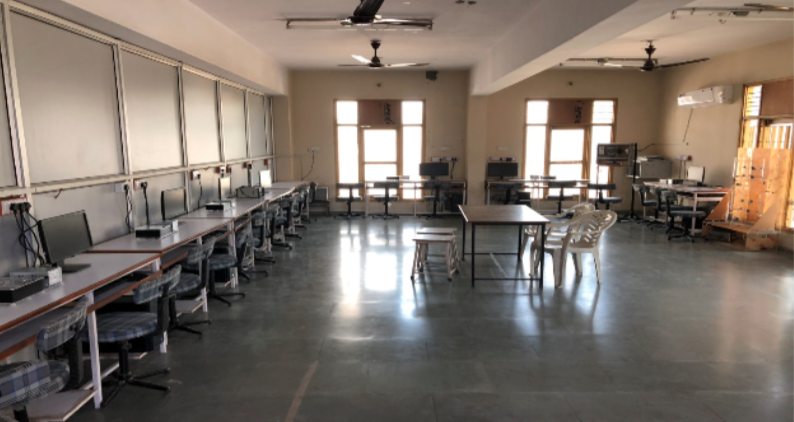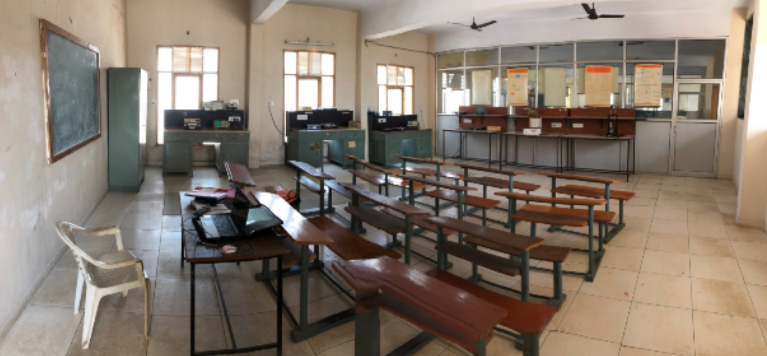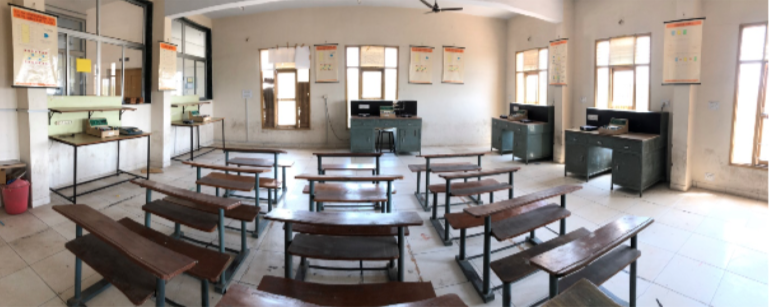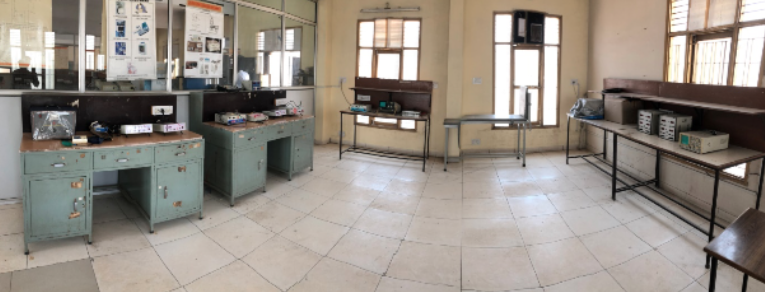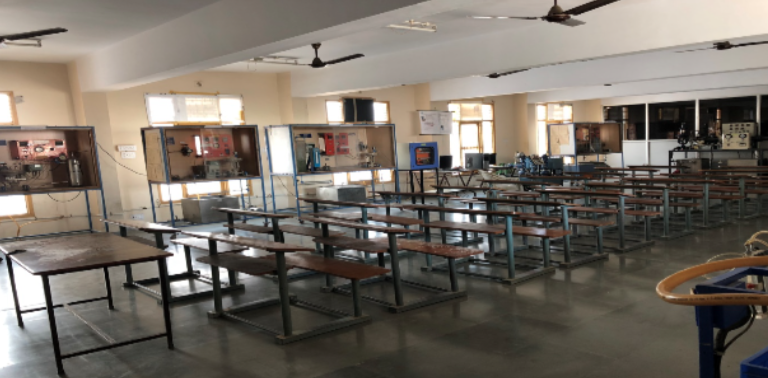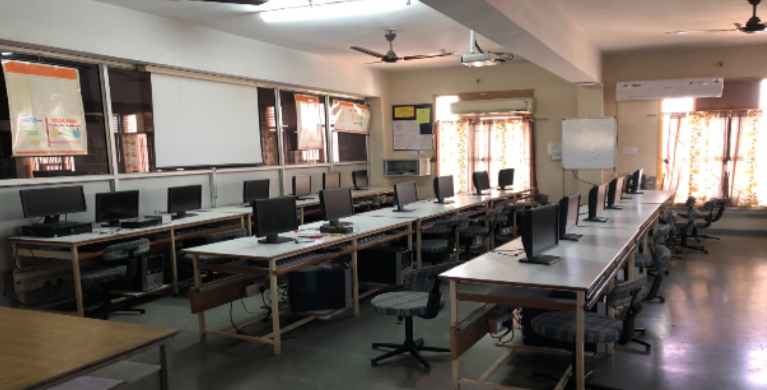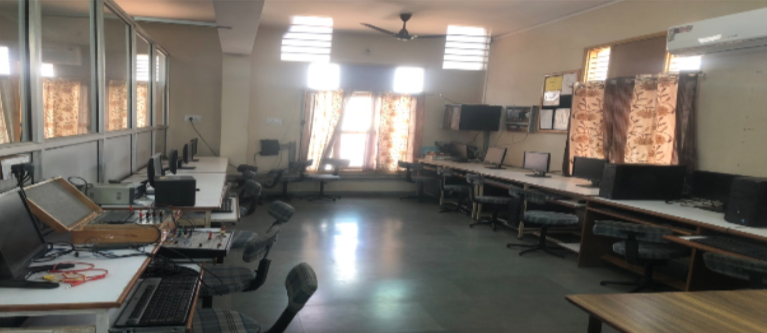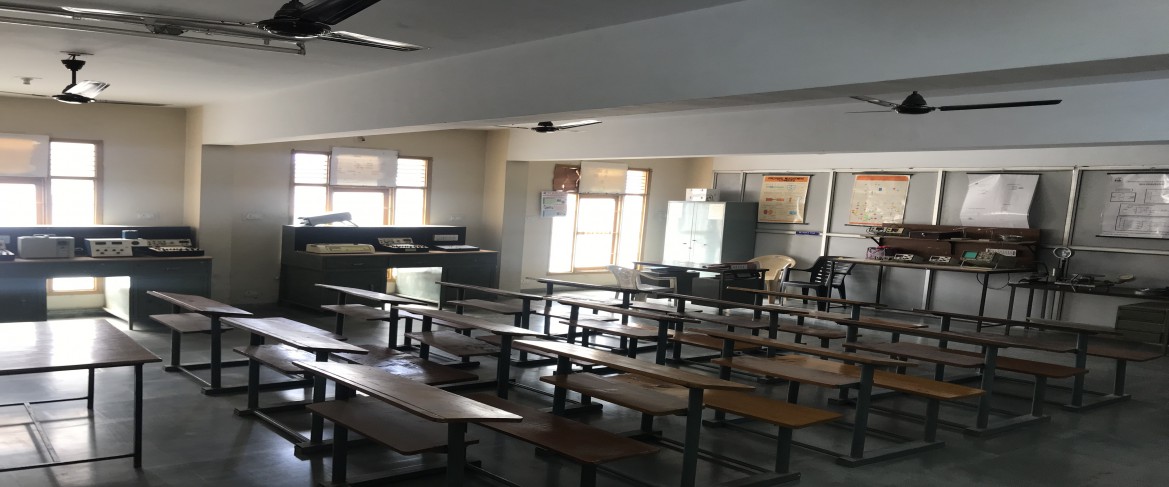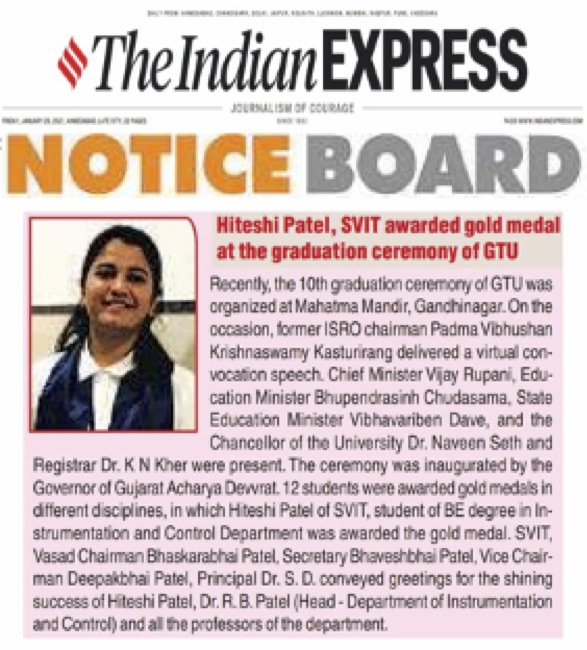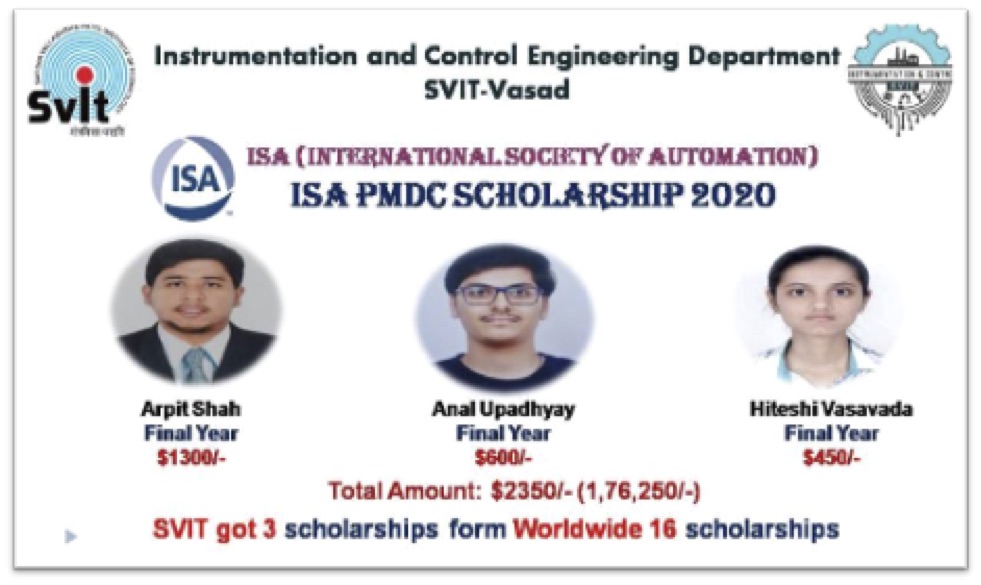

About the Department
Instrumentation & Control Engineering(IC) department was introduced in 2001 with intake of 60. IC Department has qualified and experienced faculty members few of whom have filed patents on their research work and published research papers in reputed journals having good impact factor and also published books with international publishers. Many faculties have also received travel grants from DST, GUJCOST, GTU etc. for presenting papers in international conferences in various countries like China, Canada, Turkey, Malaysia.
The department regularly upgrades the laboratories with latest instruments such as Siemens and ABB PLC, ABB DCS, NI Elvis DC motor kit, SBHS kits and software’s such as LABVIEW, MATLAB, PSIM Simulator, Multisim, Scilab etc. The department has well equipped process control laboratory with level control, pressure control, cascade control, Ratio control as well as heat exchanger and various pneumatic kits. I & C Department has signed MOUs with number of companies in and around Baroda. These companies help in students project work, training, arranging Expert Lectures, seminars and campus placement. Department has successfully completed various projects funded by GUJCOST, IIPC, and IETE.
Department has its own library with good reference books, magazines, journals and wide collection of various teaching aids. Under the ISA Students Chapter, the department organizes Seminars, Expert lectures and Workshops for students of the Department. The faculties regularly conduct quiz in lectures and laboratories to test the knowledge of students. The online objective type Fundamental Technical Knowledge Test (FTKT) is conducted at the end of the semester for each subject. All the students have to give two seminars in each semester.
The department conducts mock placement which includes aptitude test, group discussion, and personal interviews to prepare students for the placement. Senior faculties of the department conduct lecture on research paper writing and patent drafting. The IDP/UDPs of final year students are continuously evaluated by industry experts during mid semester project review process.
Vision
To prepare globally competitive Instrumentation & Control engineers using the latest pedagogical methodologies which ensure achievement of desired outcomes.
Mission

To implement state-of-the-art pedagogical methods to achieve desired program specific outcomes.
To become centre of academic excellence in Instrumentation & Control Engineering.
-
To develop the students as competent professionals by exposing them to latest trends in the field of Instrumentation & Control Engineering through visits to industries, expert lectures, seminars and workshops, industry defined projects etc.
-
Guide students for career planning and placement.
-
Impart students training for entrepreneurial skills.
PEO
-
Preparedness to learn and apply contemporary technologies for addressing impending challenges for the benefit of organization/society.
-
Core competency in Instrumentation and Control engineering to cater to the industry and research needs
-
Promote innovation, invention and entrepreneurship by enabling the students to transform their ideas to proof of concepts for high tech applications
Pursue their higher studies at the institutes of repute in India and abroad and work in educational institutions, research organizations and engineering consultancy companies
-
To equip graduates with integrity and ethical values so that they become responsible Engineers.
PSO
-
Comprehend the basic fundamental things related to engineering aspects with core knowledge of instrumentation and control field.
-
Able to utilize appropriate knowledge, skills and modern tools for designing, maintenance, calibration and servicing of instruments in multidisciplinary environment to cater to industrial and societal needs.
-
Apply the concepts of automatic control with various algorithms for the operation of continuous and batch processes.
-
Development of automation using PLC, SCADA, DCS, Embedded system and Advance Controllers for wide range of applications such as chemical plants, pharmaceutical units, biomedical, robotic and manufacturing
PO
Engineering knowledge:
Apply the knowledge of mathematics, science, engineering fundamentals, and an engineering specialization to the solution of complex engineering problems.
Problem analysis:
Identify, formulate, review research literature, and analyze complex engineering problems reaching substantiated conclusions using first principles of mathematics, natural sciences, and engineering sciences.
Design/development of solutions:
Design solutions for complex engineering problems and design system components or processes that meet the specified needs with appropriate consideration for the public health and safety, and the cultural, societal, and environmental considerations.
Conduct investigations of complex problems:
Use research-based knowledge and research methods including design of experiments, analysis and interpretation of data, and synthesis of the information to provide valid conclusions.
Modern tool usage:
Create, select, and apply appropriate techniques, resources, and modern engineering and IT tools including prediction and modeling to complex engineering activities with an understanding of the limitations
The engineer and society:
Apply reasoning informed by the contextual knowledge to assess societal, health, safety, legal and cultural issues and the consequent responsibilities relevant to the professional engineering practice.
Environment and sustainability:
Understand the impact of the professional engineering solutions in societal and environmental contexts, and demonstrate the knowledge of, and need for sustainable development.
Ethics:
Apply ethical principles and commit to professional ethics and responsibilities and norms of the engineering practice.
Individual and team work:
Function effectively as an individual, and as a member or leader in diverse teams, and in multidisciplinary settings.
Communication:
Communicate effectively on complex engineering activities with the engineering community and with society at large, such as, being able to comprehend and write effective reports and design documentation, make effective presentations, and give and receive clear instructions.
Project management and finance:
Demonstrate knowledge and understanding of the engineering and management principles and apply these to one’s own work, as a member and leader in a team, to manage projects and in multidisciplinary environments.
Life-long learning:
Recognize the need for, and have the preparation and ability to engage in independent and life-long learning in the broadest context of technological change.

